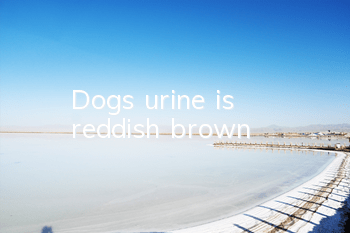Fruits such as bananas, oranges, and grapefruits can promote digestion and have a good laxative effect for constipated pug dogs. Dogs without constipation can also eat some in moderation, which can promote gastrointestinal motility and help digestion. . But eating too much is likely to cause diarrhea, so owners should not feed too much.
You can feed Pug dogs apples. Apples are rich in dietary fiber, pectin and vitamins, which are very good for Pug dogs’ health. However, the core and seeds of apples contain cyanide, which is a fatal toxin for dogs. When feeding apples, do not throw them whole to dogs and let them chew them. Instead, cut the pulp into slices or pound it into puree.
Peaches are plump and juicy and are very popular with pug dogs. They can be fed to pug dogs in small amounts. However, peaches are not easy to digest, so you must be careful not to feed them too much, and the pits must also be removed to prevent your dog from eating them accidentally and endangering his life.
Avocado is a fruit that can beautify hair. It contains a lot of protein, vitamin E and lipids, which can make the dog's hair shiny and help repair the skin. It can be eaten in moderation by dogs in daily life.
If it is hot summer, owners can feed pugs a small amount of watermelon when eating it. Watermelon can relieve heat and quench the thirst of Pug dogs, but watermelon is good for urination, so Pug dogs may urinate frequently after eating watermelon. Watermelon seeds should also be carefully picked out, because the seeds are not easy to digest, so it is best to avoid letting dogs eat them.
In addition to the above edible fruits, there are also some fruits that cannot be touched by pug dogs, such as grapes, raisins, pomegranates, cherries, etc., as well as other fruits with many seeds and large cores, because the seeds of the fruits are easy to It can cause indigestion in Pug dogs and the core can cause cyanide poisoning. Therefore, try to avoid giving these fruits to Pug dogs.








